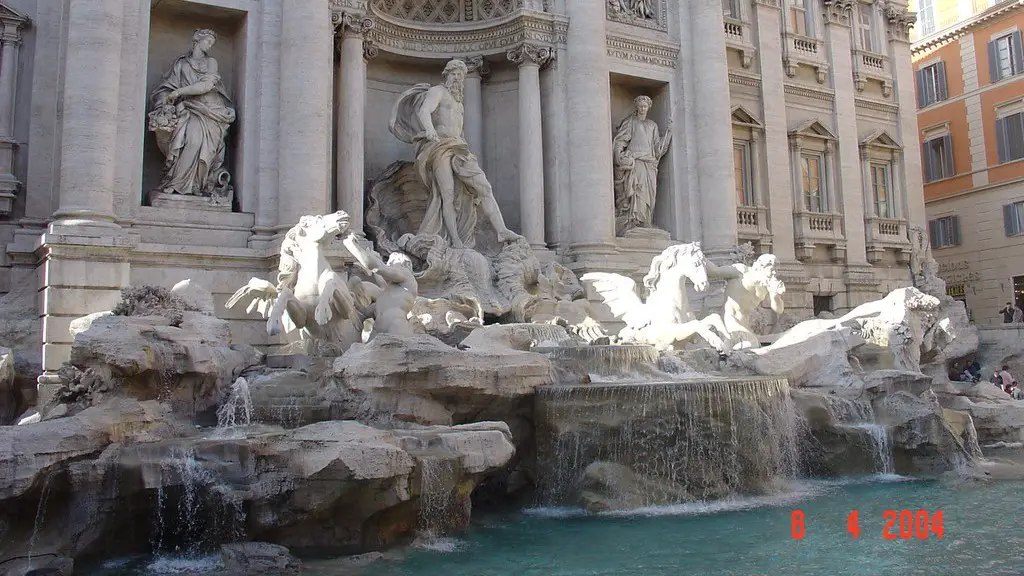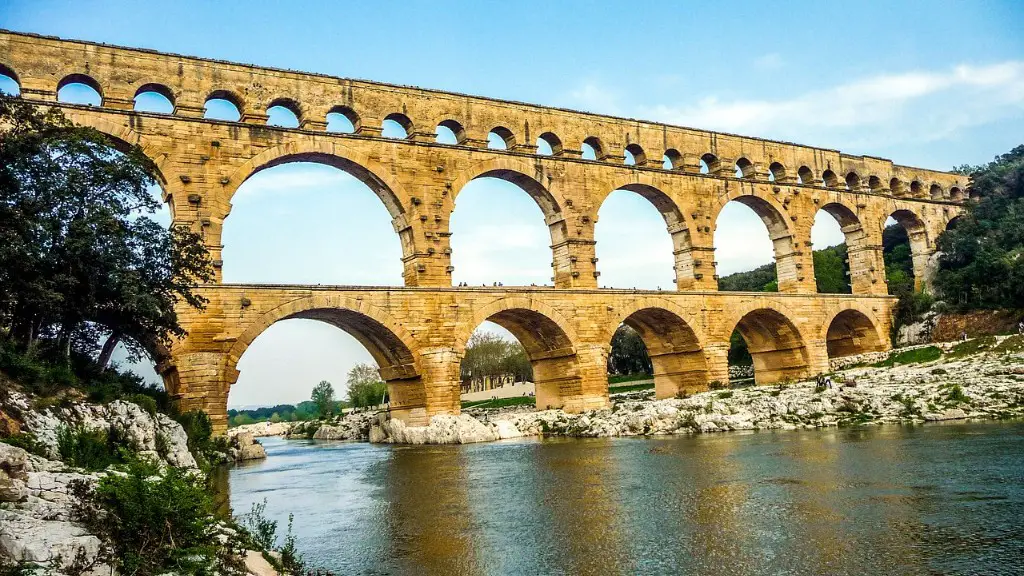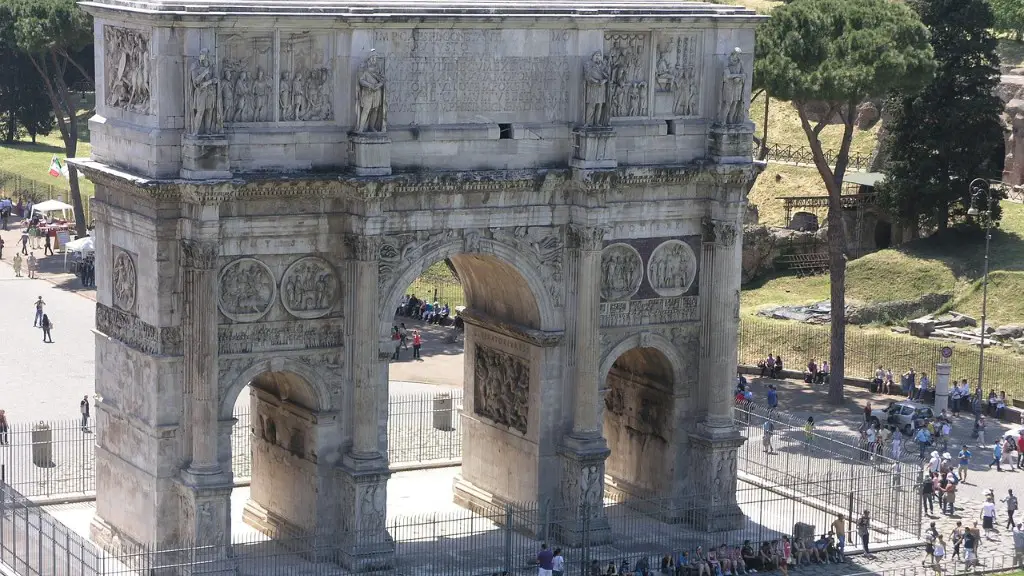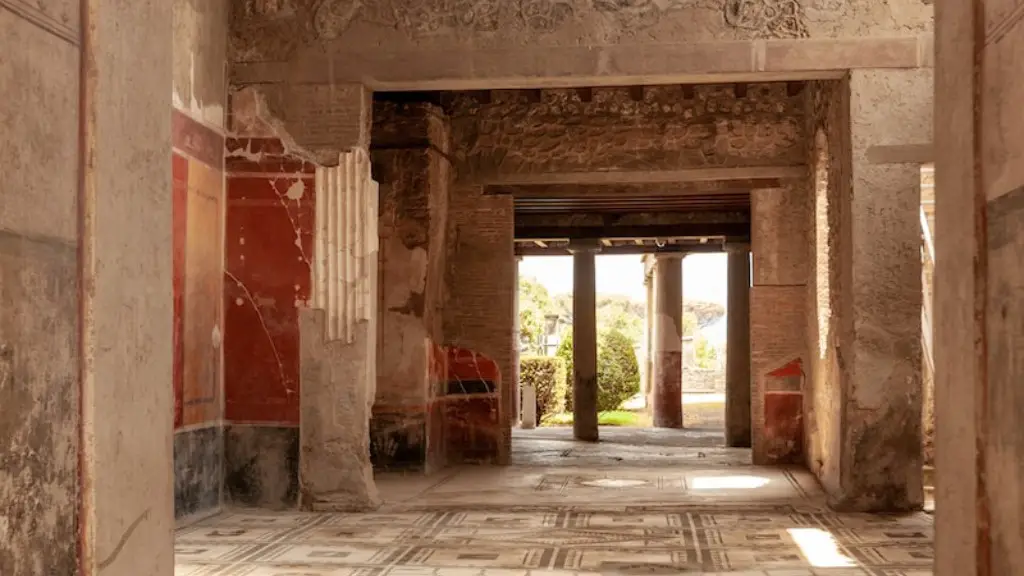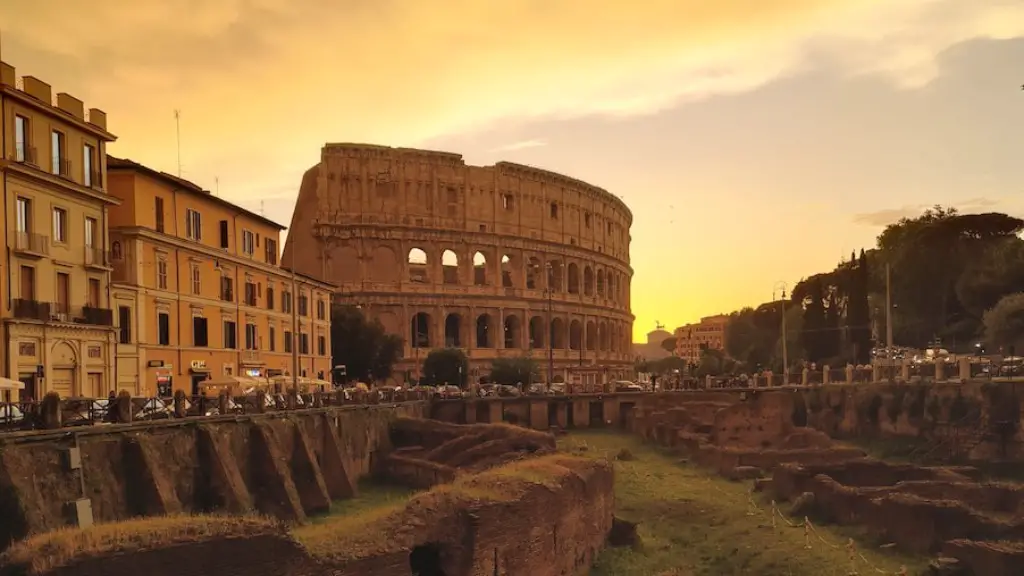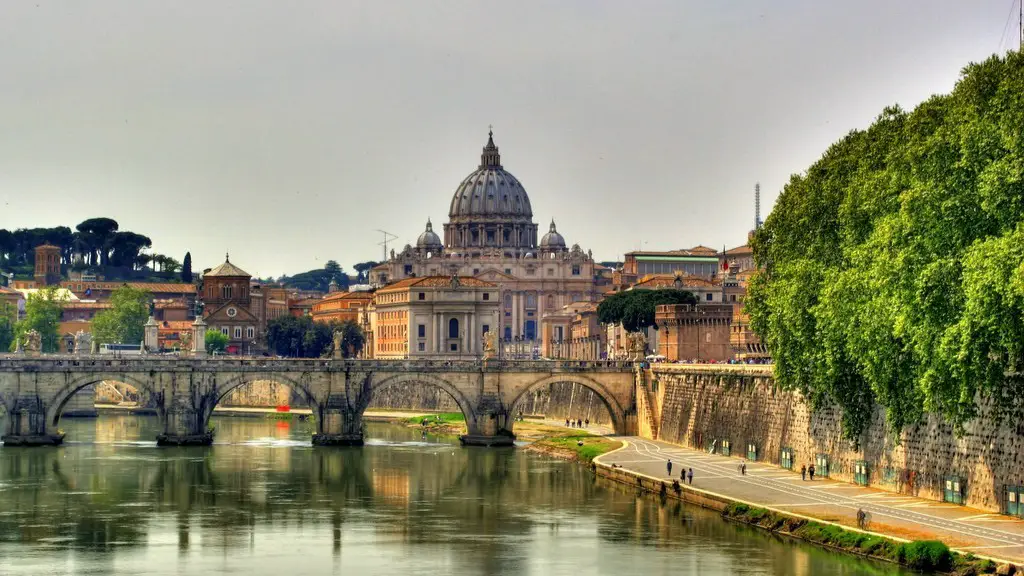Commissioners in Ancient Rome
Commissioners in ancient Rome were important public servants responsible for leading the administrative functions of the Roman state. They had immense authority and influence, overseeing the legal and bureaucratic issues of the day. They were widely respected, yet feared due to their power and the penalties they had the right to impose.
The most important commissioner in Roman society was the Praetor, a rank higher than a standard magistrate. Holding the title of Praetor was an enormous honor, but also a formidable task. They had the power to become chief magistrate of a city or province, as well as to promulgate laws, supervise the collection of taxes, and to settle disputes between citizens. Praetors could also serve as judges in criminal proceedings, hearing cases and determining penalties.
Another important commissioner was the Quaestor, who was the financial officer of the Roman government. They were responsible for managing the state’s revenues and expenditures, and for administering public funds. Quaestors were very powerful, as they were responsible for granting loans, making investments, and overseeing pensions. They were also responsible for keeping records of all transactions relating to the state’s finances, as well as collecting taxes and managing the treasury.
The Aedile was another important commissioner in the Roman government. Aediles were responsible for the maintenance and upkeep of public buildings, roads and monuments. They also had the responsibility of overseeing the markets, festivals, and games in Rome. Being an Aedile was an important and influential role, as they held the power to maintain public order and could punish those who violated the laws.
The Censor was another important commissioner in Roman society, whose responsibility was to regulate public morality. They had the power to remove people from the Senate, to restrict a citizen’s right to perform civic duties, and to punish transgressions of public morality. The Censor’s decisions were often controversial and widely criticised, as they had the authority to interfere in the private lives of citizens.
Commissioners in ancient Rome were incredibly powerful and influential figures. They were respected for their authority and their ability to enforce the laws, but often feared for the power and penalties they had the right to impose. Despite the fear they inspired, commissioners were admired for their dedication to public service and for their determination to ensure the well-being of Roman society.
The Role of the Commissioner
The role of the commissioner was to lead the administrative functions of the Roman state and to ensure the preservation of order. Commissioner were charged with responsibilities such as ensuring the collection of taxes, settling disputes between citizens, and promoting public morality. They also had the authority to impose penalties, although these powers were often challenged and criticized.
Commissioners had significant authority and influence, but their power was limited. They could not, for example, take away a citizen’s right to property, or interfere with a citizen’s private business. Commissioners were expected to act with justice and fairness, and their decisions were often subject to appeal.
As public servants, the commissioners were required to be independent and were not obliged to follow the orders of the Senate or of any other political body. Their sole duty was to the people of Rome and they were committed to protecting the public interest.
Commissioners were expected to display exemplary behavior and maintain their integrity. They were held to a high standard of conduct and were prohibited from engaging in corrupt or dishonest practices. They were expected to act with integrity, honesty and justice.
Power and Influence of Commissioners in Ancient Rome
The power and influence of commissioners in ancient Rome was immense. They held the authority to make decisions on legal and administrative matters and to levy fines and punishments. They were also expected to act with justice and fairness, although their decisions were often controversial.
Commissioners were trusted to use their power and influence responsibly and were held accountable for their actions. They were expected to act as public servants, and their decisions were subject to appeal. Commissioners were also expected to maintain their integrity and refrain from engaging in corrupt practices.
As such, commissioners in ancient Rome held an enormous amount of power and influence. They were respected for their authority and their commitment to the public service, yet their powers were often challenged and their decisions were subject to criticism.
The Penalties Imposed by Commissioners in Ancient Rome
Commissioners in ancient Rome had the power to impose punishments on citizens who violated the law or transgressed public morality codes. These punishments could include fines, confiscation of property, imprisonment, or even execution. Although these punishments could be severe, they were intended to serve as a deterrent and to protect the public.
Commissioners had the right to determine the nature and severity of the punishment; however, their decisions were often subject to appeal. In some cases, it was possible for a citizen to be redeemed through public service. Citizens could also appeal to the Senate for clemency, although these appeals were often unsuccessful.
The punishments imposed by commissioners in ancient Rome were often controversial and were criticized for being too severe. Despite this, the punishments served as a reminder of the power and influence of commissioners and were intended to maintain public order and protect the interests of the Roman state.
The Decline of Commissioners in Ancient Rome
The role of commissioners in ancient Rome declined in the late Republic, as they increasingly found themselves in conflict with the Senate and other political bodies. Their power and influence diminished, and they were no longer viewed as independent public servants. Without the authority to impose punishments, their role became increasingly symbolic, and their power to enforce the law was gradually lost.
The decline of commissioners in ancient Rome was caused by various factors, including the rise of political factions, corruption, and the democratization of government. Commissioners were replaced by elected magistrates, and their role in the Roman state became largely symbolic.
The decline of commissioners in ancient Rome has caused historians to reassess their role in society and reflect upon the impact they had on the Roman state. Despite their eventual decline, it is clear that commissioners played an important and influential role in Roman society and government.
Legacy of Commissioners in Ancient Rome
The legacy of commissioners in ancient Rome continues to the present day, as many of their concepts and procedures are still relevant today. Their commitment to public service, their authority to enforce the law, and their dedication to serving the interests of the people of Rome are still reflected in modern civil service and government.
The concept of the commissioner as a guardian of public morality has also been immortalized in literature and art, and remains a source of fascination and inspiration today. The legacy of ancient Roman commissioners is alive in the modern world, as they have left a lasting impact on society.
The legacy of the commissioner in ancient Rome is a testament to their power, influence, and dedication to public service. Their memory lives on in the modern world, and their contribution to the development of modern government is still felt today.
